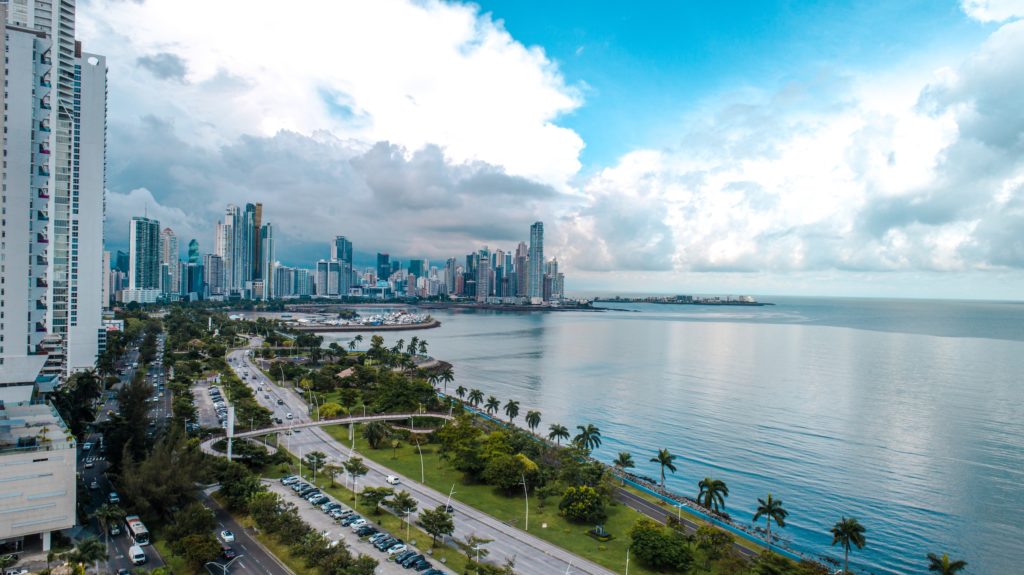Foreign businessmen often form corporations in Panama. Three directors and one shareholder must be chosen by the company, and they may be from any country or place of residency. Only US $1 is needed as the minimum first share capital. The shareholders and directors are exempt from disclosing their personal information to the public. This is one of the main benefits of the Panamanian corporation.

Procedure for registering a corporation For Panama
The following are the steps to form a company in Panama:
Pick a name
Up to three name options for your company may be submitted, and they may all be written in any language as long as they include one of the mandatory corporate suffixes: Incorporation (Inc), Corporation (Corp), or Sociedad Anónima (S.A.). Before making a final choice, it is advisable to first confirm the name’s availability with the Public Registry. Such a name may be reserved for up to 30 calendar days.
Produce signed company bylaws
There is no legislative provision in the corporate law that requires a corporate by-law (estatutos) to be included as part of the incorporation process. By implication, it might be said that a commercial entity can exist without one. To outline more intricate structural and operational elements for future reference, it is nevertheless a good idea for shareholders to prepare one in addition to the Article of Incorporation. The usual information often included in a company bylaw are the following:
- Regularity and nature of shareholder/board meetings;
- Information about the firm (name, address, location, and business classification);
- Record-keeping procedures, share issuance policies, business practices, etc.;
- Conditions and procedures for future Articles of Incorporation modifications.
Prepare the necessary information
The following details are necessary for the company’s registration:
- Three company name options
- Name and shareholder information
- Incorporation’s goal or intended activity
- Operational time frame (set deadline or indefinite)
- Share capital
- Number of notional shares owned by each shareholder
- Name and address of at least three directors recommended by dignitaries
- Resident agent’s name and address
Register with the appropriate agencies
Once you have all the documentation necessary to submit the articles of incorporation, it is time to register your company with the relevant government agencies. To get a public deed, which you may then register with the Public Registry, you must first notarize your articles of incorporation with a notary public. This will formally establish the existence of your company as a legal person with the same rights and obligations as other people. It may establish legal relationships, assume obligations, and possess rights in this respect. Additional procedures must be completed and submitted to the appropriate government agencies if your organization plans to engage in commercial or trade operations after formation.
Sign up with the MICI and DGI
Every corporation formed following the laws of Panama is required to register with the Directorate General of Revenues (DGI) to get a Tax Identification Number, or “RUC.” The next step is to register with the Panama Enterprise System (MICI) and request an operation notice following Law 5 of January 11, 2007. When you get the Operation Notice, a special number that is isolated from your RUC will be sent to you. This number will be used to specifically identify each taxpayer who conducts activities within the Republic of Panama.
Other authorities
Additionally, you will need to register your company with the local government. You may do this by registering with the Treasury of the relevant municipality where your company is headquartered (s). Finally, submit the RUC form and Notice of Operation on the official DGI website before registering with the Social Security Fund (CSS).
Create a business bank account
Except for the Tax Information Exchange Agreement inked with the US, there are essentially no reporting requirements and no income taxes for offshore Panama firms, which may sound contentious, but is also one of the country’s biggest advantages in luring international enterprises.







